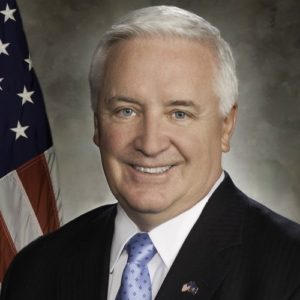Will Medicaid Coverage Mean Access?
With many states preparing to expand their Medicaid programs and enroll unprecedented numbers of new people, it is not clear whether Medicaid coverage will lead to access to care.
That concern arises in the wake of a survey that found that only 43 percent of physicians accept Medicaid patients. Other providers, moreover, may not be up to filling the gap: the same survey found that only 20 percent of physician assistants and nurse practitioners serve Medicaid patients.
Thus, while more people than ever will have health insurance once the Medicaid expansion component of the Affordable Care Act takes effect, it is not clear whether those who find themselves newly insured will have reasonable access to medical services.
While the Affordable Care Act attempts to anticipate this challenge by raising the traditionally low fees that Medicare pays primary care physicians to the same level as those paid by Medicare for the next two years, it is not clear whether this new policy is working and if will have a lasting impact after the two-year experiment ends.
This could become a major challenge for Pennsylvania’s safety-net hospitals if the state eventually chooses to expand its Medicaid program. To date, the state has chosen not to expand the program but has been discussing the possibility of doing so with federal officials. The Safety-Net Association of Pennsylvania (SNAP) supports Medicaid expansion in the state.
Read more about the survey and its implications in this Healthcare Finance News report .
.






